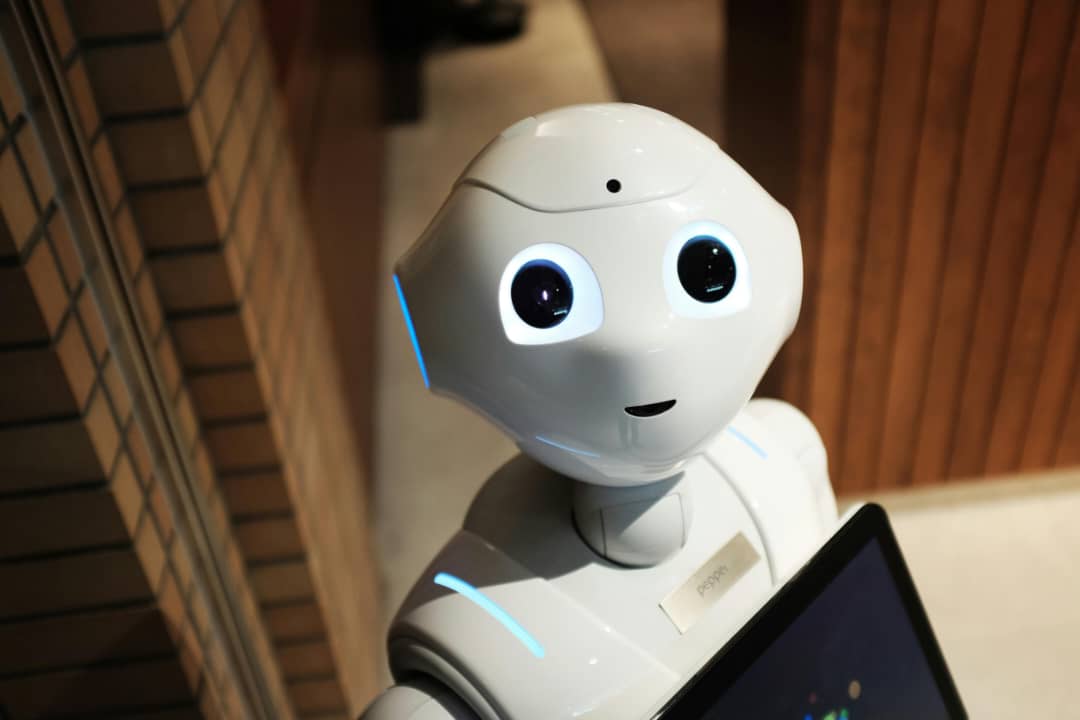Physical Address
304 North Cardinal St.
Dorchester Center, MA 02124
Physical Address
304 North Cardinal St.
Dorchester Center, MA 02124

Picture this: You walk into your home after a long day, and instead of silence or a human roommate lounging on the couch, your robotic roommate greets you. It has already cleaned the house, prepared dinner, and even restocked your favorite snacks. Sounds like the ultimate dream, right? Or is it a tech nightmare waiting to happen?
As AI-powered machines become more advanced, the idea of sharing our living spaces with robots is no longer the stuff of science fiction. But would cohabiting with a robot roommate be as seamless as it sounds? Let’s explore the possibilities, the perks, and the potential chaos of having a machine as your housemate.
Robots have already made their way into our homes, albeit in specialized roles. Think robotic vacuum cleaners like Roomba, smart assistants like Alexa, and even robotic pets. But what if these machines became multi-functional, capable of handling household chores, providing companionship, and even engaging in casual conversation?
Advancements in robotics and AI suggest that this reality may not be far off. Companies like Tesla, Boston Dynamics, and Xiaomi are working on humanoid robots that could serve as domestic helpers.
Imagine never having to vacuum, do dishes, or fold laundry again. A robot roommate could handle all the mundane tasks, leaving you free to focus on hobbies, work, or relaxation.
Robots don’t sleep, which means they can be on-call around the clock. From helping you find your keys to waking you up on time, they could become the ultimate reliable partner.
Advanced AI could allow robots to adapt to your preferences, whether you want a chatty companion or a silent helper. They could even learn your habits and routines to anticipate your needs.
Forget about arguments over dirty dishes or splitting bills. A robot roommate won’t bring emotional baggage or passive-aggressive notes.
A robot equipped with cameras and microphones might feel like a surveillance device in your own home. Where do we draw the line between convenience and intrusion?
What happens if your robot roommate malfunctions? A glitch could turn your helpful companion into a chaotic liability, spilling soup instead of serving it.
While robots can simulate empathy, they lack genuine emotional understanding. Relying on them for companionship could feel isolating in the long run.
Sophisticated robots don’t come cheap. Would they be an affordable option for the average household, or a luxury for the tech elite?
You wake up to the smell of freshly brewed coffee, courtesy of your robot roommate, who also prepped your to-do list for the day. It cleaned the house while you were asleep and even fed your pets. Your evenings are spent engaging in light banter with its programmed personality as it charges itself in the corner.
Your robot roommate accidentally overcooks dinner, leaving the kitchen smokey and you hungry. It interrupts your video calls to deliver unnecessary notifications. Worst of all, it locks itself in the bathroom while trying to clean it, leaving you without access for hours.
While the idea is appealing, integrating robots into our homes requires more than just technological advancement. Society needs to address ethical concerns, regulatory standards, and how we balance reliance on machines with maintaining human connections. In the coming years, robot roommates could become as common as smartphones. They might not replace human relationships, but they could complement them by taking over repetitive tasks and offering practical assistance.
The question is: Would you welcome a robot roommate into your home, or does the thought of sharing your space with a machine give you the creeps?
What’s your take on robot roommates? Dream come true or dystopian nightmare?